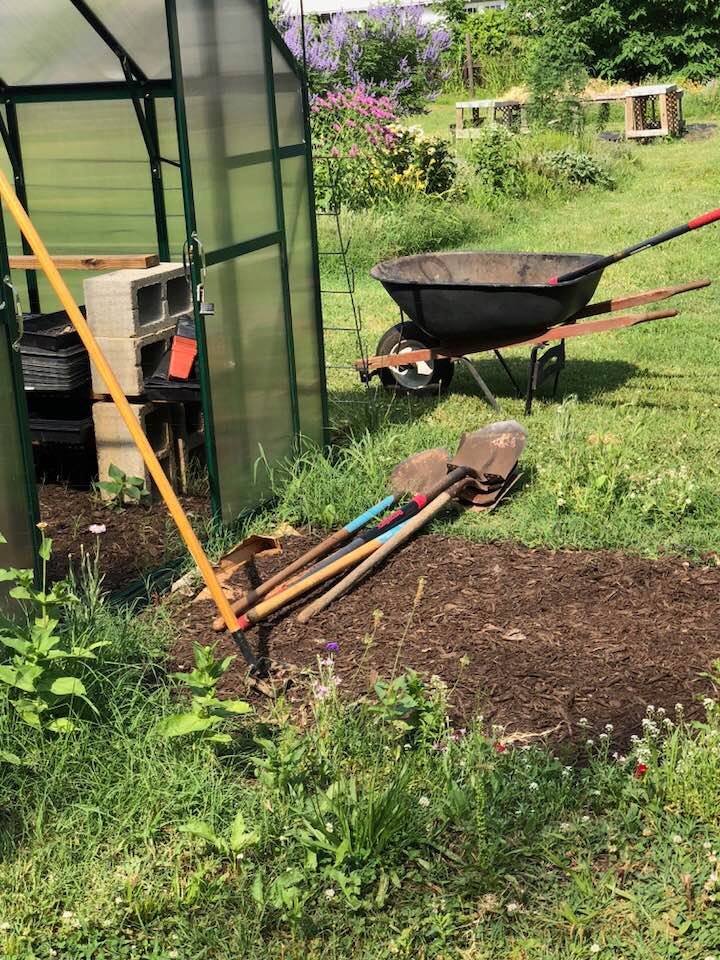Toward a More Just Land: Ecojustice Hermeneutics
Toward a More Just Land: A Brief Look at Ecojustice Hermeneutics
 |
| Snapshot of a Recent Cohort Visit to St. Paul's Garden in Memphis, Tennessee |
To
counter this interpretation, the author points to German Hebrew scholar Norbert
Lohfink, who focuses on Genesis 1:28, and the argument of whether the passage,
“Be fruitful and multiply and have dominion over every living thing that moves
upon the earth,” was meant to be a perpetual command or one that was fulfilled
in Exodus 1:17, is at the center of the problematic concept of anthropocentrism
within the framework of ecotheology. To be sure, the Hebrew words “kabash” and
“radah” in Genesis 1:28 are interpreted as subdue
and have dominion. What if the basic
sense of kabash is really to put the foot on something as in claiming ownership?
If that is true, then the sense of subduing the earth gives a
false impression because it is meant to suggest having tender and sympathetic
rule in the way that a shepherd leads, and commands care for what has been
entrusted to the shepherd. The author also argues that from the creation story, God’s intent was
for there to be a peaceable existence between humans and non-human animals.
Finally, consider that there is a plausible cause of the current environment crisis as
“the divergence of the human economic system accompanied by over-population and
over-production, to the point that ecosystems are under threat because of the
economic systems. Another German environmentalist, Ragnor Kinzlebach, posits that the strategy
for addressing this problem is in what he calls the die ökologische Versöhnungsstrategie, a manner of reconciling the
fractured relationship between the economic system and the ecosystem. This can
be achieved through prioritizing the protection of land, animals, and nature;
placing a restriction on the increasing population growth; and pushing for a
recasting of our financial systems and imposing a penalty on those who are
responsible for the degradation of the environment. I would argue that if we "recast" our financial system, and ensure that there is an even distribution of wealth for everyone, that could potentially eradicate poverty, end marginalization, and bring everyone into the fullness of who God created us all to be. I would also posit that if the persons who are charged with managing the systems and structures that regulate land, labor, and how the food leaves the farm and arrives at our tables, did it in a way that is consistent with a caring and compassionate God-ordained way, our health would be better, our healthcare costs would see a downward turn, and people would be thriving instead of just barely surviving. What are your thoughts?


Comments
Post a Comment